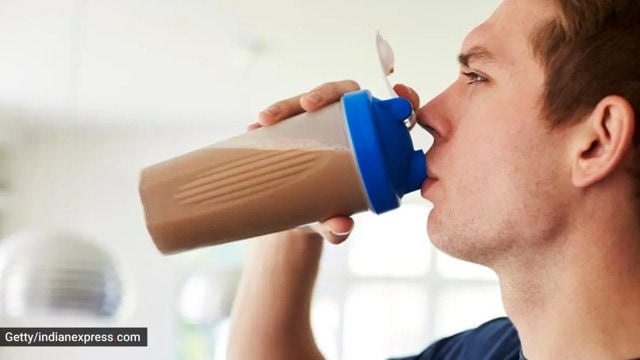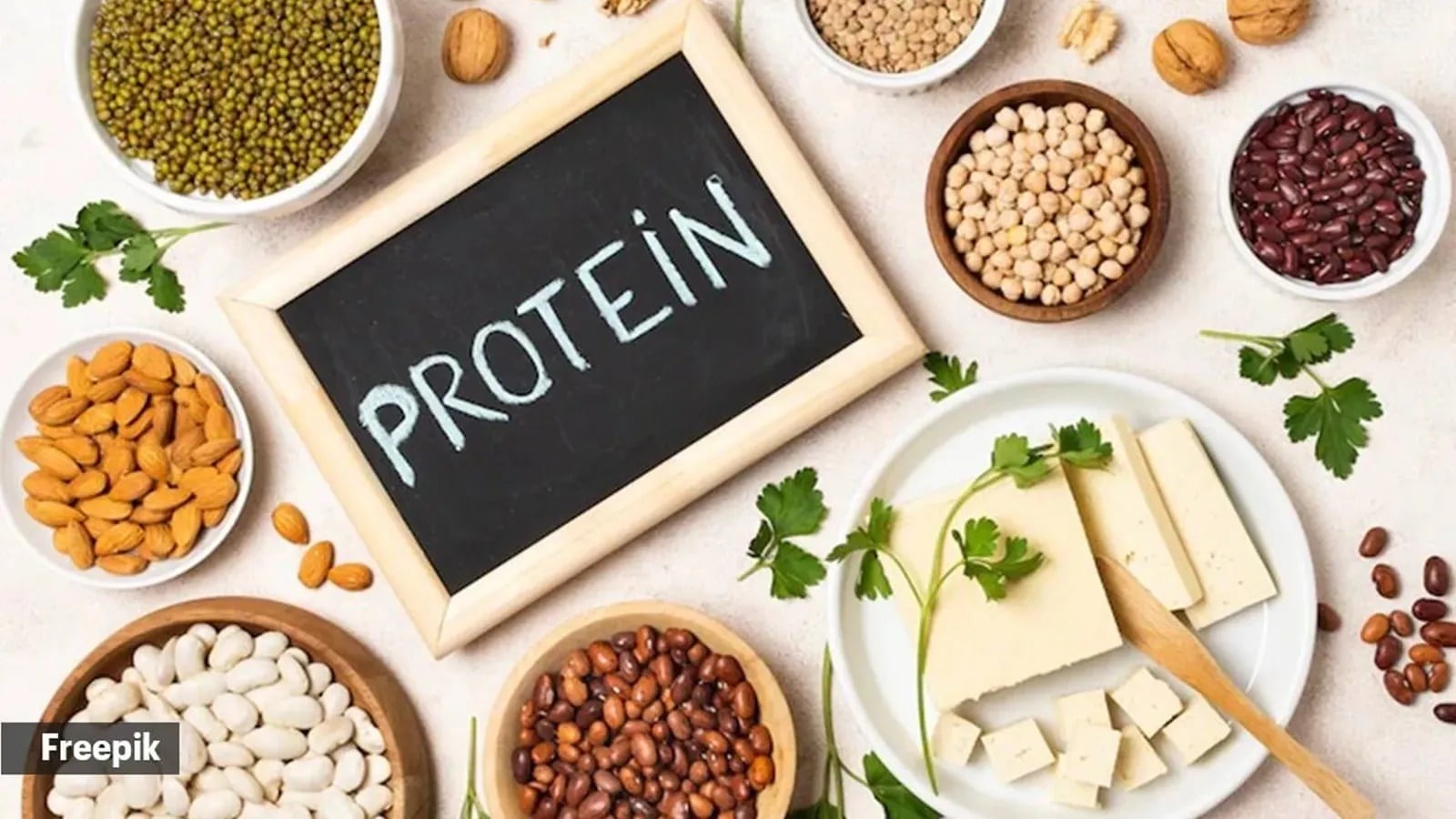📣 For more lifestyle news, click here to join our WhatsApp Channel and also follow us on Instagram
Nutritionist says boys should start with protein shakes by 22-23, girls by 16-17 years of age; we verify
One needs to be cognisant of portion size; more protein does not equal a good result
 Should young ones be having protein shakes? (Photo: Getty Images/Thinkstock)
Should young ones be having protein shakes? (Photo: Getty Images/Thinkstock)At what age should boys and girls ideally start protein shakes? Nutritionist Suman Agarwal told podcaster Ranveer Allahabadia that the ideal age to start with protein shakes for boys is 22-23 years, while for girls, it is 16-17 years, when the body’s natural growth has stopped. To verify this statement, we turned to Dt. Gulnaaz Shaikh, chief dietitian, KIMS Hospitals, Thane.
Concurring with the statement, Shaikh said that these timelines coincide with the body’s natural height and bone growth processes, “so we are using protein supplementation for the purposes of muscle maintenance or improvement and not interfering with a growth pattern”.
Why wait until after growth is complete?
The body is already experiencing natural growth spurts when a young person enters adolescence, and this growth is aided by hormones and adequate food intake. “Having protein shakes early on in the adolescent years may not directly inhibit growth, but it may displace whole foods, which are very important during these years, and the full spectrum of nutrients that whole foods have. Whole foods also provide vitamins, minerals, and dietary fibre in addition to protein,” said Shaikh.
Protein shakes are simply “concentrated sources of protein”. “They work best when combined with a balanced diet and regular exercise. They are helpful for some adults when it comes to meeting elevated protein targets, but they can be avoided for teenagers who can more easily accomplish their protein goals through food. Waiting also allows for focusing on healthy eating rather than on a protein shake for supplementation or convenience during a young person’s food development stage,” said Shaikh.
What should be noted before starting protein shakes?
Protein shakes are not “magic potions” that will work for you; they are most effective when combined with a balanced diet and exercise plan.
“Moreover, the composition of the shake is important; many commercial products have added sugar, artificial flavours, or ingredients that are fillers and could be avoided,” said Shaikh.
 Are you meeting your protein requirements? (Photo: Freepik)
Are you meeting your protein requirements? (Photo: Freepik)
One needs to be cognisant of portion size; more protein does not equal a good result, and you could cause too much stress on your kidneys with an excessive amount. “Additionally, we also need to consider your daily dietary routine first. If a person already can meet their protein needs completely through food, your shakes may not even be necessary,” said Shaikh.
When consuming protein shakes, we want to ensure we start at an optimal time so that they act as a contributor rather than a crutch, said Shaikh. “By letting natural growth complete, focusing on whole foods early in life, and introducing shakes later with mindful use, both boys and girls can support their fitness goals without compromising long-term health,” Shaikh added.
Considering long-term health and expert concerns that “kidneys are going for a toss” due to young adults consuming “too much protein,” we have also collated some useful tips to identify fake protein powders. Also, if you are a vegetarian and concerned about your protein intake, here are some excellent options beyond paneer.
DISCLAIMER: This article is based on information from the public domain and/or the experts we spoke to. Always consult your health practitioner before starting any routine.
📣 For more lifestyle news, click here to join our WhatsApp Channel and also follow us on Instagram


Photos






- 01
- 02
- 03
- 04
- 05


















